China will maintain the momentum of steady economic recovery throughout the year, and the nation's GDP growth target of around 5 percent for this year is achievable, according to economists and entrepreneurs.
They said the Chinese economy is showing signs of stabilization in the first quarter of the year amid improvement in both demand and supply, paving the way for stronger recovery in the coming months.
Meanwhile, they noted that market concerns surrounding insufficient demand, local government debt and the property market correction underscore the need to take a more pro-growth approach, suggesting that more aggressive stimulus policies are needed to bolster the world's second-largest economy.
Their comments came after Premier Li Qiang on Monday convened a symposium with experts and entrepreneurs, who acknowledged the rising complexity, severity and uncertainty in the external environment.
Li noted that to consolidate and boost the positive economic trajectory, it is imperative to intensify efforts toward expediting the implementation of government policies, further stimulating market entities, bolstering the endogenous momentum, and tackling prominent problems systematically.
Zhang Liqun, a researcher at the macroeconomic research department of the Development Research Center of the State Council, emphasized the importance of boosting domestic demand, particularly through boosting consumer spending and expanding corporate investment.
"Addressing the current challenges entails fostering a willingness and capacity among entities to scale up investments, thereby driving significant growth in enterprise orders driven by investment," Zhang said.
While warning of pressures from shrinking demand and weakening expectations, he said the fundamentals supporting China's modernization remain unchanged, underpinning a positive long-term outlook.
"This year has commenced on a stable note," he said. "Industrial growth has seen a notable improvement, alongside a rebound in investment compared with the previous year. A sustained upward trajectory in China's economic recovery is becoming increasingly apparent."
Data released by the National Bureau of Statistics showed the latest official snapshot of the stabilization of the economy, as China's official purchasing managers index for the manufacturing sector rose to 50.8 in March from 49.1 in February, moving back into expansion territory for the first time in six months.
"I think the economy is stabilizing," said Ben Simpfendorfer, a partner at consultancy Oliver Wyman. "The foundations are there for recovery."
While China's growth target for this year seems challenging, Simpfendorfer said he believes the goal is "still achievable if the real estate sector begins to stabilize".
Despite downward pressures and uncertainties, he said China's economy still enjoys favorable conditions and factors, given a potential soft landing of the United States' economy and the stronger growth in the global economy. "I think exports are the primary positive factor."
To further bolster China's economic recovery, Simpfendorfer said policymakers should increase fiscal spending in key fields such as health and education.
His views were echoed by Denis Depoux, global managing director of market consultancy Roland Berger, who said boosting consumption will be key for China's economic growth this year.
Depoux suggested that the country take further steps to boost confidence among businesses and consumers, including increasing spending on the healthcare system and supporting the development of the private sector.
Looking ahead, he expressed optimism about China's economic prospects, saying "the fundamentals of the Chinese economy are very strong".
"I would not say that all the hurdles and difficulties are gone. However, we see a bit more vitality and also investment that start to power the year," he added.
















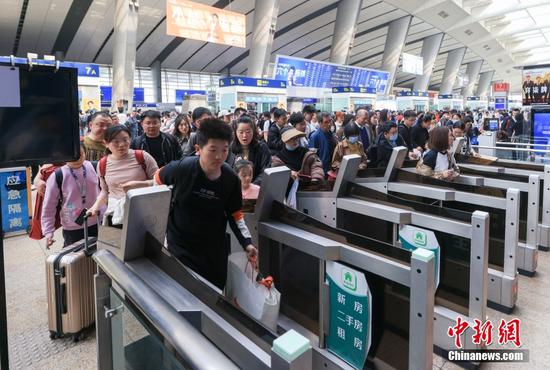





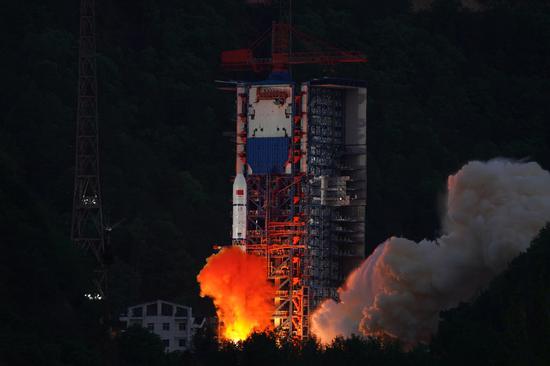

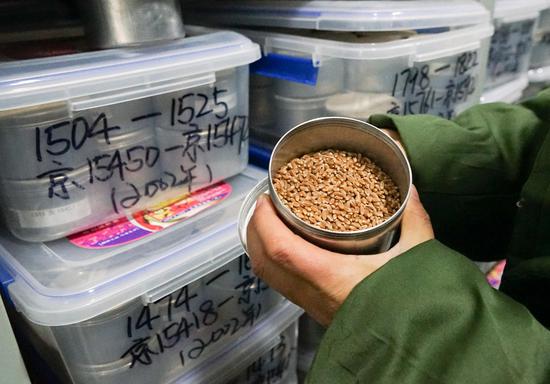





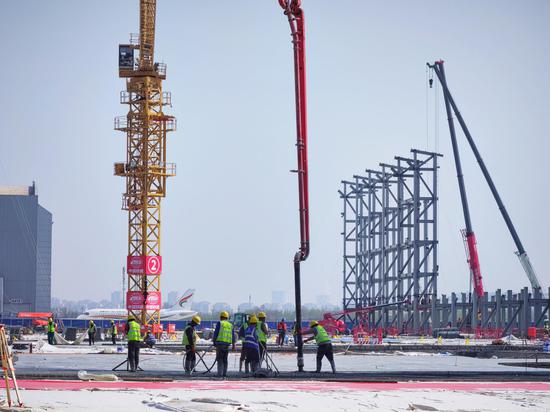



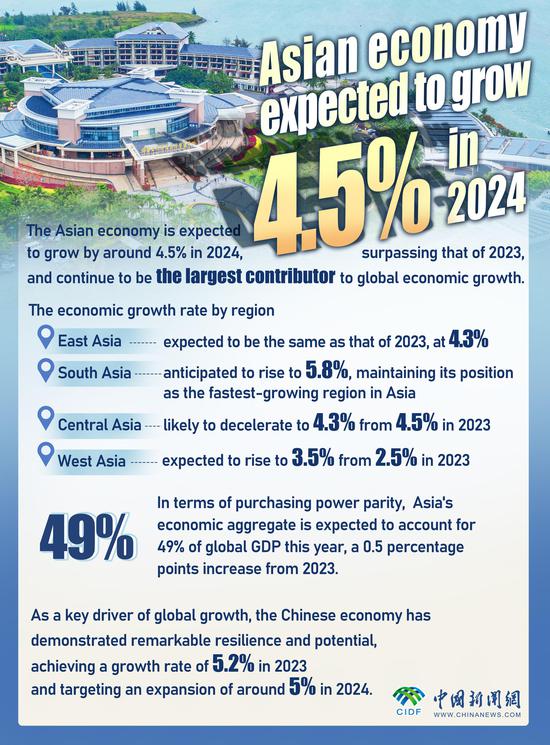





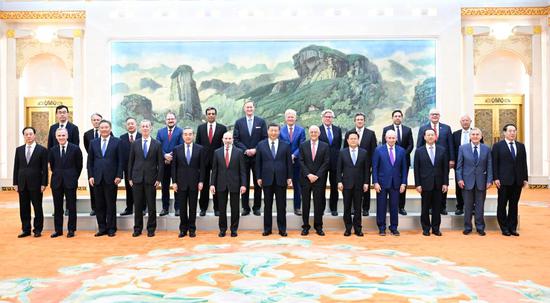

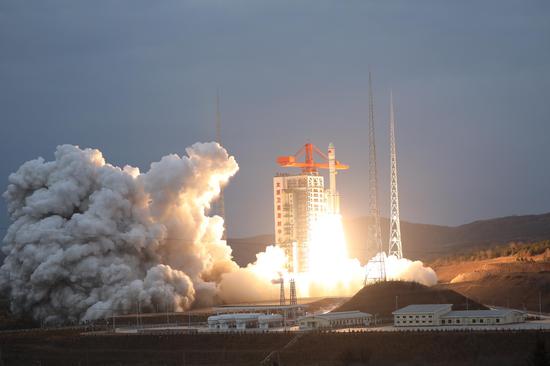

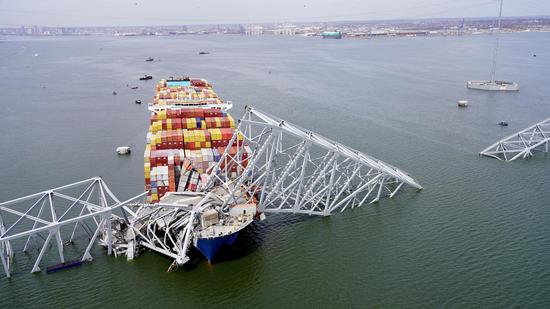





 京公网安备 11010202009201号
京公网安备 11010202009201号